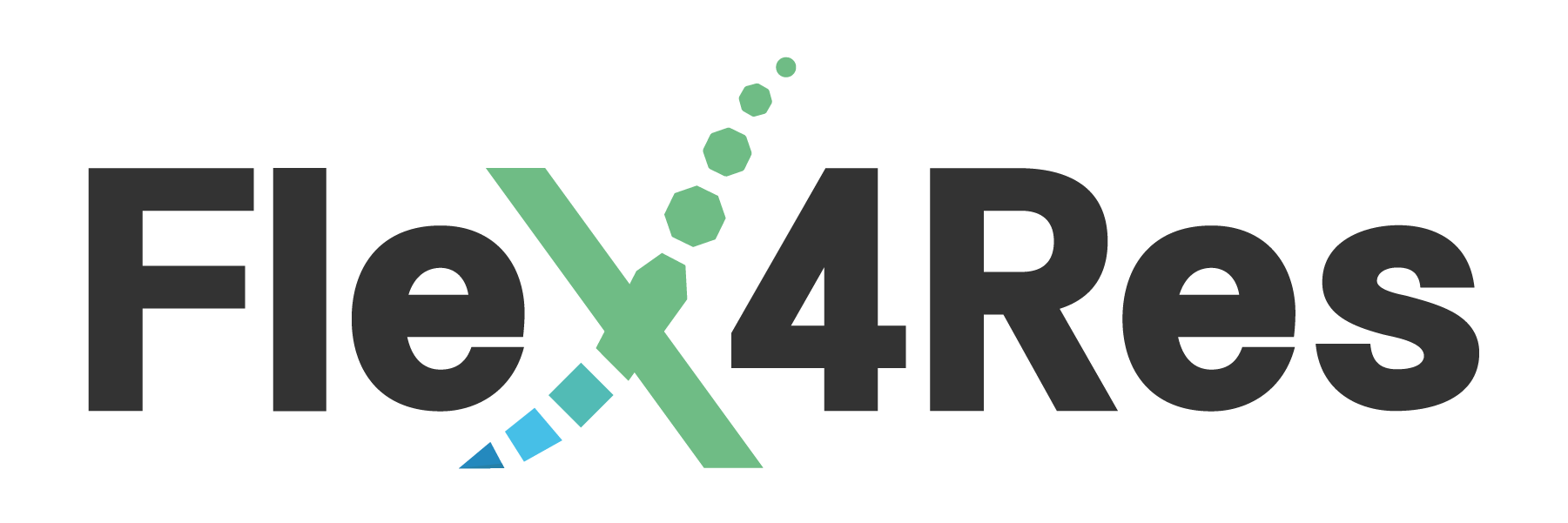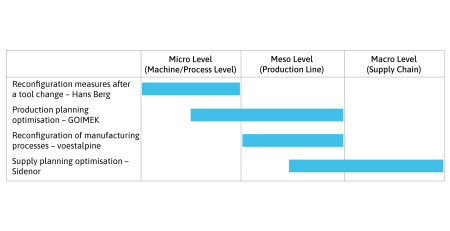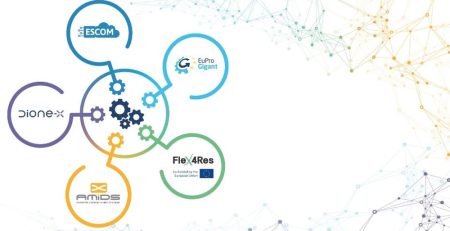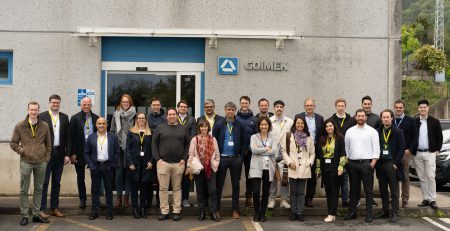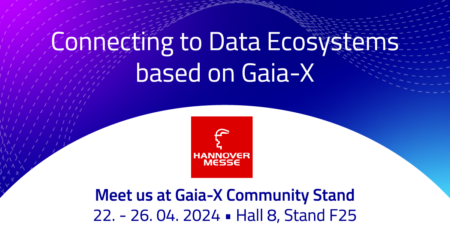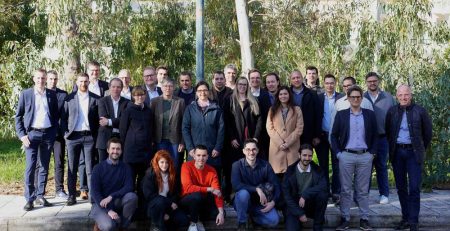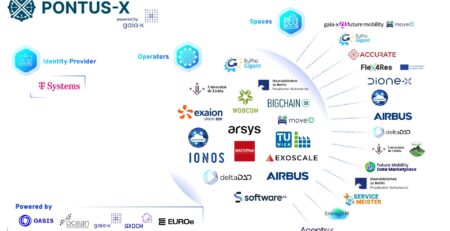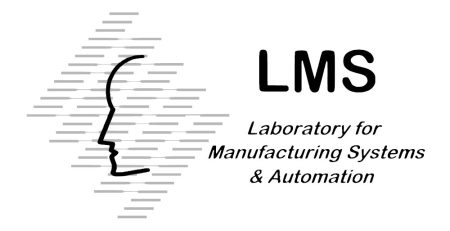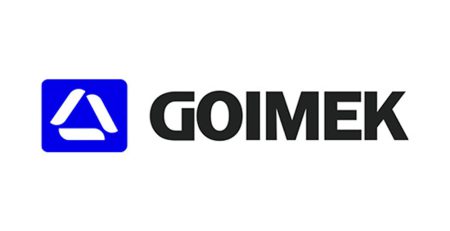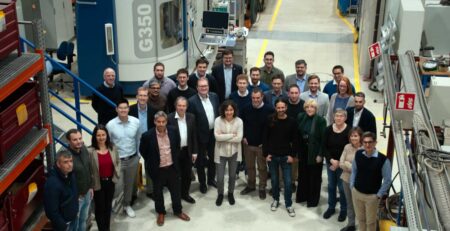EuProGigant Open House Day 2023
Insights into data sharing, discussions about data ecosystems and effective networking.
Darmstadt/Wien, 7 December 2023
On October 10 and 11, representatives from politics, industry and research met to discuss the sovereign, Gaia-X-compliant use of data based on the EuProGigant project ecosystem.
Under the motto “Connect.Share.Synergize”, the EuProGigant Open House Day 2023 took place in mid-October at Forum Digitale Technologien in Berlin. The event served to share experiences among experts from research, large companies and SMEs and provided insights into the current developments of the five research and innovation projects AMIDS, DIONE-X, ESCOM, EuProGigant and Flex4Res. Around 100 international participants from eight countries, including Germany, Austria, France, Slovakia and Greece, took part in the event to gain new perspectives and exchange ideas. The EuProGigant Open House Day 2023 was supported by CONTACT Software and EIT Manufacturing.

Experts in dialogue: Inspiring insights and professional exchange during a panel discussion with representatives of the ecosystem projects ESCOM, Flex4Res, DIONE-X, EuProGigant and AMIDS at the EuProGigant Open House Day 2023. Picture: Anke Strickroth
Collaboration and data exchange in the European production industry
The two-day event highlighted the project ecosystem around EuProGigant from different perspectives. What began as a single Gaia-X project for the manufacturing industry in 2021 became a flagship project in 2022 and has now developed into an ecosystem of five research and innovation projects.
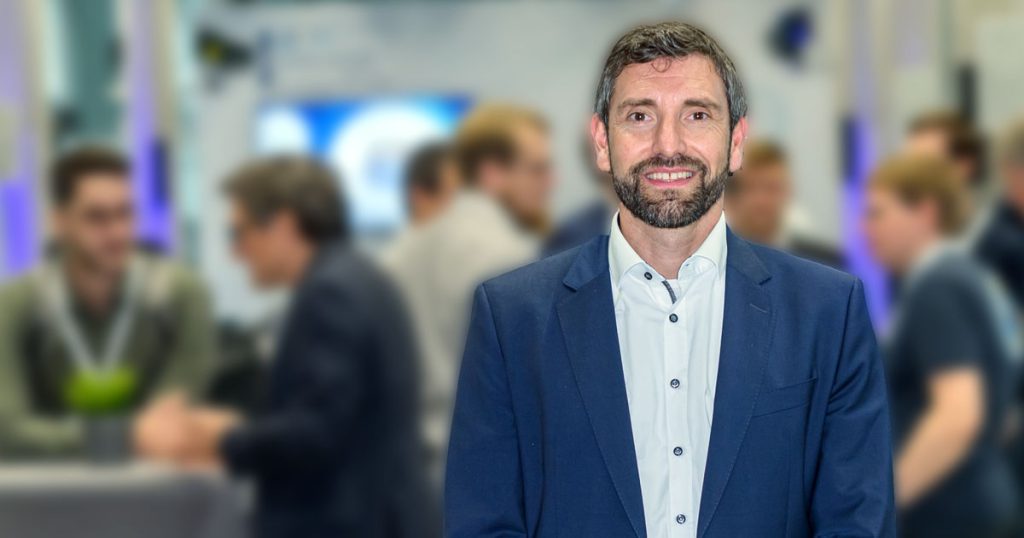
Prof Matthias Weigold, Head of Institute for Production Management, Technology and Machine Tools at TU Darmstadt. Picture: Anke Strickroth
Prof Matthias Weigold, Head of the Institute of Production Management, Technology and Machine Tools at TU Darmstadt, explains: “After just one year of operation, EuProGigant became the Gaia-X lighthouse project for the production environment. This is particularly impressive as it is the result of a successful collaboration between research and industry from both Germany and Austria. The ultimate goal is to increase added value by sharing data.“
For the first time, representatives from all five projects came together to discuss data sharing in the European manufacturing industry. In conversations and presentations, experts provided exciting insights into the potential of new business models for data exchange and utilisation. For example, they highlighted sustainability and carbon footprint tracking along the entire product value chain as well as the challenges and potential of the Asset Administration Shell. In addition to project partners, four European Gaia-X hubs also provided insights into their activities for manufacturing companies, especially SMEs.
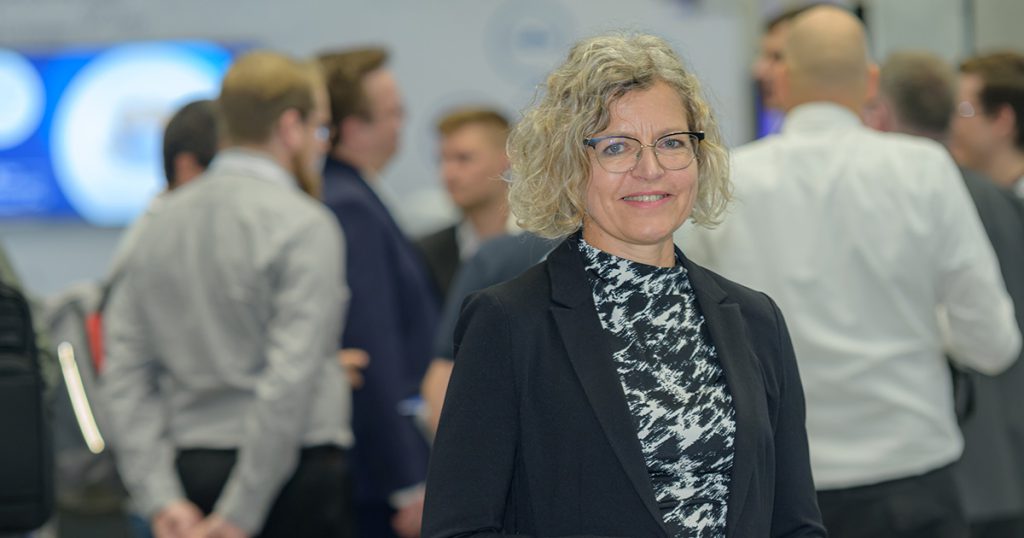
Dr Claudia Schickling, Head of Pilot Factory Industry 4.0, TU Wien. Picture: Anke Strickroth
“Together, the ecosystem projects cover much more than EuProGigant alone could achieve. With Flex4Res, which focuses on the resilience of supply chains, we have been able to gain international perspectives. With AMIDS, Austrian pilot factories will become incubators for innovations in the manufacturing industry,” adds Dr. Claudia Schickling, Head of the Pilot Factory Industry 4.0 at TU Wien. “This makes the shared use of data in the Gaia-X guidelines clear and understandable for SMEs too.”
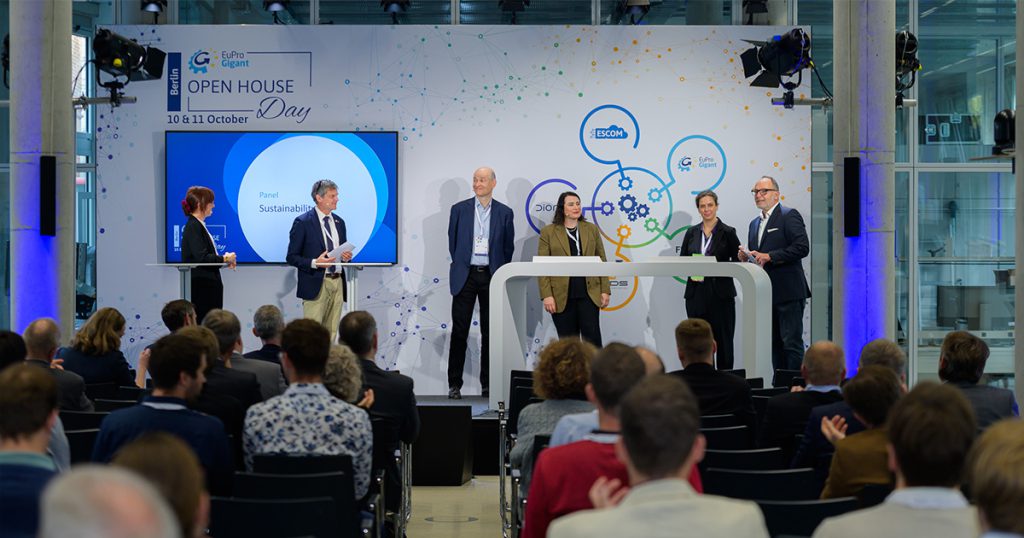
Vibrant discussions and visionary perspectives at the panel discussion on the topic of sustainability in data spaces. Picture: Anke Strickroth
The event was opened by Jens Schneider, Rector of TU Wien, and Matthias Oechsner, Vice President for Research at TU Darmstadt. Both universities play a leading role in the research projects and are significantly involved in the development of the project ecosystem across European borders.
Of central interest – also for politics
As an economic factor, the sovereign use of data is also of key interest to politicians. Numerous political representatives from Austria and Germany used the EuProGigant Open House Day 2023 to find out about the projects and present their points of view.
Marco-Alexander Breit, Head of the Artificial Intelligence Unit at the German Federal Ministry for Economic Affairs and Energy, and Michael Wiesmüller, Head of Department for Key Technologies for Industrial Innovation: ICT, Production and Nanotechnology at the Austrian Federal Ministry for Climate Action, Environment, Energy, Mobility, Innovation and Technology, were high-ranking representatives of the funding ministries from both countries in Berlin.
In a video message, the Austrian State Secretary for Digitalisation, Florian Tursky, highlighted the importance of cross-company cooperation for the joint and value-creating use of data and emphasised the importance of research projects with academic participation. Reinhard Posch, Chief Information Officer of the Federal Government from the Austrian Federal Ministry of Finance, confirmed the pioneering work of the five research projects for digitisation for manufacturing companies of all sizes in Austria and throughout Europe.
Project progress you can touch
To make Gaia-X and the content of the five research projects tangible for the participants and to illustrate the results, demonstrators from the projects were presented. The so-called validation platform, presented for the first time at the Hannover Messe 2022, demonstrates the current implementation of Gaia-X compliance by means of process monitoring by a third-party service, without jeopardising the sovereignty over one’s own sensitive process data.
The “ideal component matching” visualises how self-sovereign data management and the application of Gaia-X compliance can be used in a federated manner to reduce waste. Based on a federated analytic approach using compute-to-data, the best matching components are determined. A special feature here is that users do not receive direct access to the database of other companies, but only information on which suitable parts could be used.
The demonstrator in the ESCOM project is intended to apply the possibilities of data and service ecosystems in such a way that services for monitoring and optimising the operation of machine components can be generated and made available. Specific knowledge from the supply chain is required to monitor these components. The demonstrator shows the vertical integration into the existing IT infrastructure in companies. In future, the systems in this structure will be able to participate in a data and service ecosystem.
